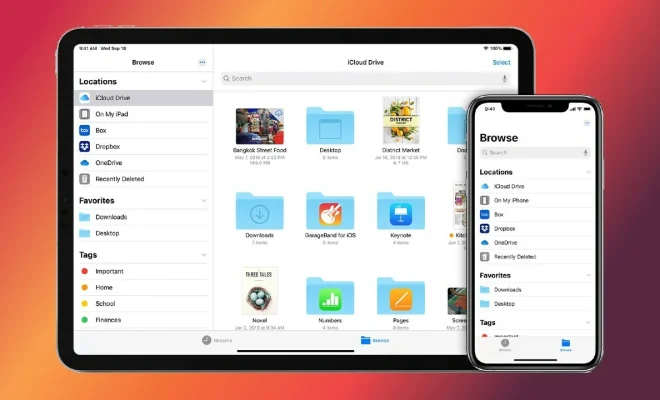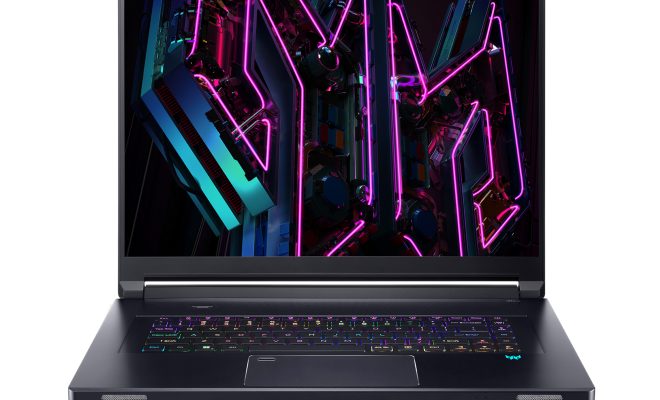iPhone 11 vs. Galaxy S20: Apple and Samsung’s flagship phones compared

Introduction
Apple’s iPhone 11 and Samsung’s Galaxy S20 are often seen as two of the top flagship smartphones currently available on the market. The two tech giants battle it out every year to deliver groundbreaking devices that redefine mobile technology. In this article, we’ll take an in-depth look at both the iPhone 11 and Galaxy S20, comparing their features, performance, and design.
Design and Display
The iPhone 11 sports a 6.1-inch Liquid Retina display with a resolution of 828 x 1792 pixels. Meanwhile, the Galaxy S20 boasts a larger 6.2-inch Dynamic AMOLED display with a higher resolution of 1440 x 3200 pixels. Both devices have similar dimensions; however, the S20 is narrower and slightly taller.
The iPhone 11 has a glass front and back with aluminum framing, while the Galaxy S20 uses Gorilla Glass on both its front and rear panels with an aluminum frame sandwiched between. Despite their elegant designs, both smartphones are IP68 rated for dust and water resistance.
Performance
Powering the iPhone 11 is Apple’s very own A13 Bionic chipset, coupled with 4GB of RAM. On the other hand, the Galaxy S20 is equipped with either the Exynos 990 or Snapdragon 865 (depending on region), paired with up to12GB of RAM. Both devices provide powerful performance in different ways – while Apple boasts about its energy-efficient chipset, Samsung emphasizes versatility with its flagship processor.
Camera
The iPhone 11 features a dual-camera setup consisting of two 12MP sensors (ultra-wide and wide). It offers features like Night Mode, Deep Fusion technology, and Smart HDR for improved photography capabilities in various lighting conditions.
In contrast, the Galaxy S20 comes with a triple-camera system that includes a 12MP wide-angle lens, a 64MP telephoto lens, and a 12MP ultra-wide lens. The Galaxy S20 has the ability to capture 8K video and offers a Hybrid Optic Zoom, giving it an edge over the iPhone 11.
Battery Life
The iPhone 11 houses a 3110mAh battery, while the Galaxy S20 packs in a more substantial 4000mAh battery. Although on paper it would seem the Galaxy S20 has better battery life, this largely depends on factors such as display settings, app usage, and overall optimization.
Operating System
The iPhone 11 runs on iOS, offering a clean and user-friendly interface that seamlessly integrates with other Apple devices. The Galaxy S20 runs on Android with Samsung’s One UI layered on top, providing users with more customization options and compatibility with a variety of devices.
Conclusion
When comparing Apple’s iPhone 11 and Samsung’s Galaxy S20, it truly comes down to individual preferences in design, performance, camera technology, battery life, and operating systems. Each flagship phone excels in different ways and caters to varying consumer needs. Ultimately, both devices offer top-of-the-line features and have well-deserved spots as frontrunners of the smartphone race.





